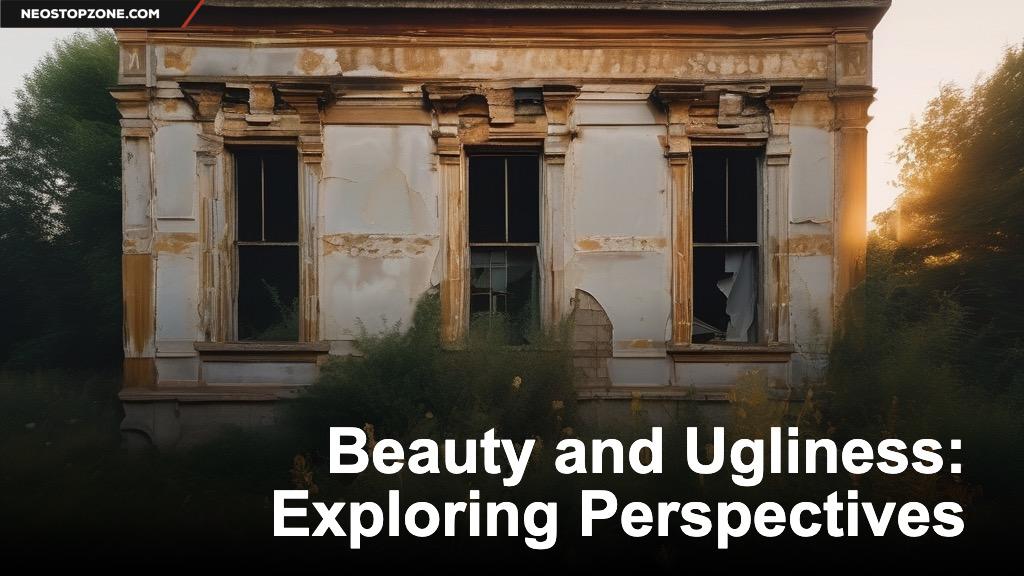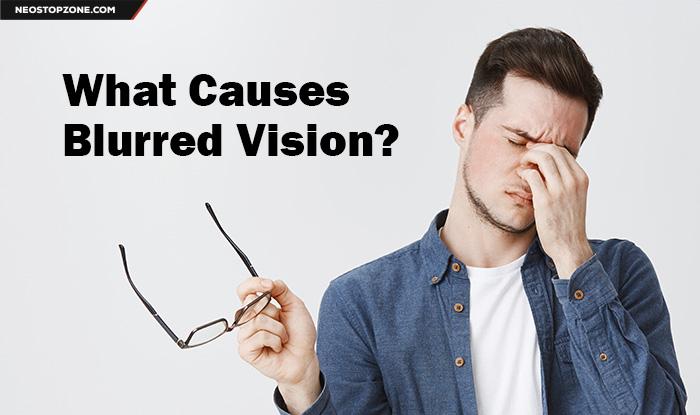
Beauty is often considered subjective, but the same cannot be said for ugliness. Something that is ugly is universally considered to be displeasing to the eyes. Whether it’s a person, object, or concept, ugliness is something that we all encounter in our daily lives. It’s a topic that is often ignored or brushed under the rug, but it’s something that we need to acknowledge and understand. In this article, we’re going to explore the concept of ugliness and its impact on our lives.
What is Ugliness?
Ugliness can be defined as the quality or state of being unpleasant to look at. It’s the opposite of beauty and is often associated with negativity, darkness, and evil. Ugliness can take many forms, from physical appearance to behavior and actions. It’s something that we encounter in our daily lives, whether it’s a rundown building on the street or a person who doesn’t fit society’s beauty standards.
The Impact of Ugliness
Ugliness can have a profound impact on our lives. It can affect our self-esteem, our relationships, and our perception of the world around us. For example, studies have shown that people who are considered “ugly” are more likely to experience discrimination and prejudice in the workplace and in their personal lives. This can lead to feelings of isolation, depression, and anxiety.
Ugliness can also affect the way we view the world. When we see something that we consider to be ugly, it can evoke negative emotions and thoughts. This can lead to a pessimistic outlook on life and a lack of faith in humanity.
The Beauty of Ugliness
While ugliness is often associated with negativity, it’s important to remember that there can be beauty in ugliness. For example, a rundown building may be seen as an eyesore, but it can also be viewed as a symbol of history and resilience. Similarly, a person who doesn’t fit society’s beauty standards may have a unique personality and perspective on life that is worth exploring.
It’s also important to remember that our perception of ugliness is subjective. What one person may consider ugly, another may find beautiful. This is why it’s important to be open-minded and to appreciate the diversity of the world around us.
Conclusion
Ugliness is something that we all encounter in our daily lives. While it can have a negative impact on our self-esteem and our perception of the world, it’s important to remember that there can be beauty in ugliness. By being open-minded and appreciating the diversity of the world around us, we can learn to see the beauty in everything, even the ugly.
FAQs
1. Is ugliness subjective?
Yes, ugliness is subjective. What one person may consider ugly, another may find beautiful.
2. Can ugliness affect our self-esteem?
Yes, ugliness can affect our self-esteem, especially if we are considered “ugly” by society’s standards.
3. Can there be beauty in ugliness?
Yes, there can be beauty in ugliness. For example, a rundown building may be seen as an eyesore, but it can also be viewed as a symbol of history and resilience.
4. How can we learn to appreciate the diversity of the world around us?
We can learn to appreciate the diversity of the world around us by being open-minded and by seeking out different perspectives.
5. Can ugliness have a positive impact on our lives?
Yes, ugliness can have a positive impact on our lives by teaching us to appreciate the beauty in everything, even the ugly.
